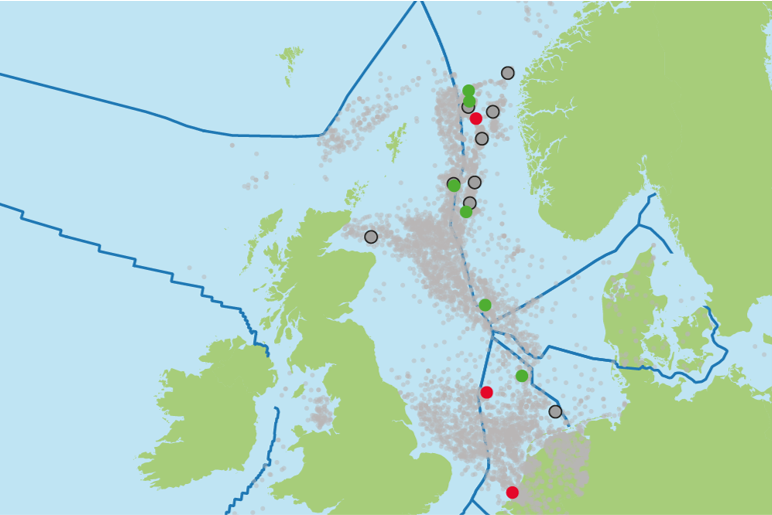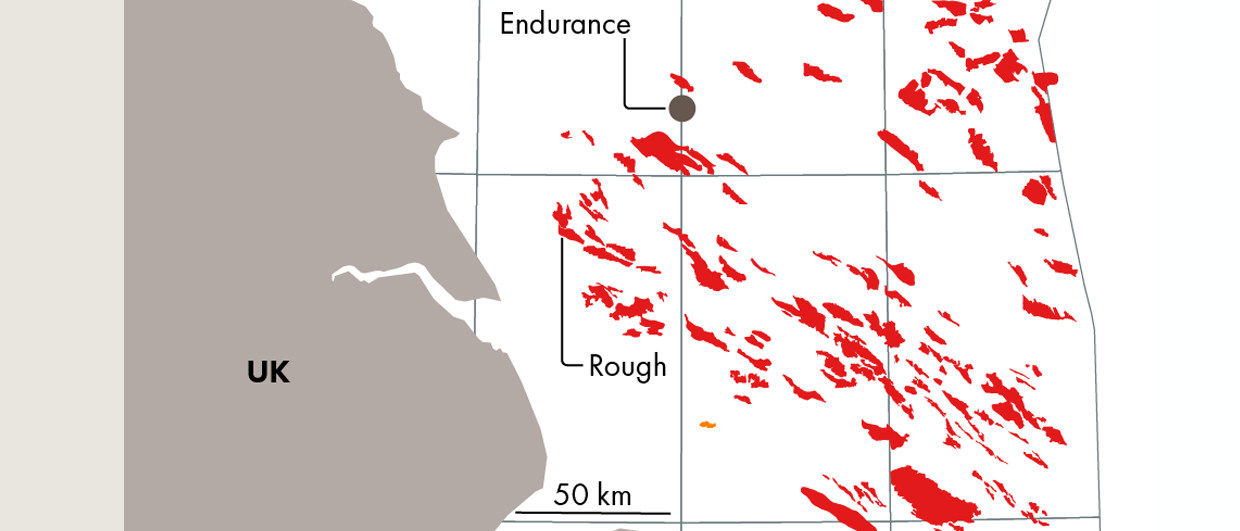As the website Politico mentioned last week, the main parties in Norway all support the oil and gas sector, with only the Greens challenging the status quo. The Greens are only projected to win a 5% share of the vote though, so do not represente an existential threat.
However, even before the election results are in, the Norwegian government last week announced an overhaul of the tax system, with potential implications for exploration too.
Small players
One of the proposals is to replace the traditional exploration tax refund of 78% of exploration spend by a 71.8% “pay-out” at the end of year for companies not in tax-paying position. This has no real consequence for bigger players in full tax paying position, because they can still deduct all exploration spend, but the smaller companies that are not are all facing an effective increase in funding requirement from 22% to 28.2%.
Although this seems like a modest increase, for those smaller players on the Norwegian Continental Shelf it may ultimately mean not to drill an exploration well in some cases. In that sense, the proposed tax change is thereby hitting a certain part of the sector harder than another, even though this was probably unintentional.
Norway will remain the oil and gas engine
Regardless of the question whether the tax change proposals well be implemented, Norway will most probably remain the oil and gas engine of NW Europe for some time to come. With most of the oil and gas sector in Germany being onshore, significant developments in that part of the world can not be expected. In the Netherlands, companies operating onshore voluntarily agreed to not accept a tax break for exploration in return for more support for their currently producing assets.
In the UK, the recent discussion around the approval of the Cambo development is something that nobody can have missed. Although exploration and appraisal drilling continues to take place to a small degree, no doubt companies are looking to Westminster when it comes to continuing the systems of licensing rounds.
One option for the UK Government would be to stop awarding licences through the traditional rounds, such as the Danes decided at the end of last year, and replace it with a less visible system of open-door licence application system – which has always been the case in the Netherlands. Whilst mainstream media celebrated the move announced by Copenhagen as a climate victory, the fact is that companies can still apply for an exploration licence in the Danish North Sea, be it not through invitation.
Denmark did not close the door for exploration.
At the end of the day, regardless of which country we look at around the North Sea, discoveries are getting smaller and smaller, explaining why infrastructure-led exploration prevails. It is this trend of production tailing off through natural decline that will probably be much more important than any political measures being taken. Even in Norway.
HENK KOMBRINK





